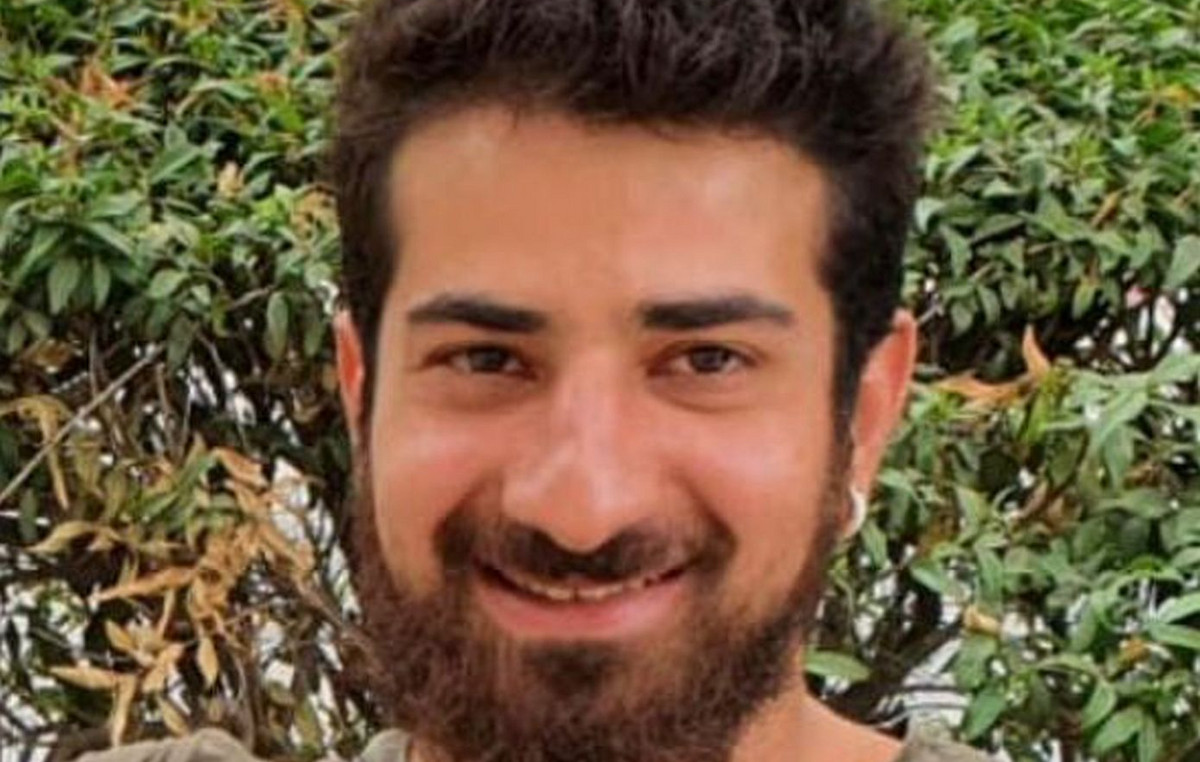A new survey, released this Wednesday (29), revealed that 63% of Brazilian doctors have already questioned the treatment decision prescribed by their colleagues when they were in the role of patient.
A searchobtained exclusively by CNN was led by Medscapeclinical information platform and tools for healthcare professionals.
1,089 professionals from more than 16 specialties were interviewed, between April 6 and July 23, 2023, to collect data on doctors’ experience when being a patient.
Most doctors interviewed (73%) recognize the value of consulting others, but they also admitted that they self-medicate when they consider it appropriate.
Among those interviewed, 77% say they believe that being a doctor makes them more likely to refuse a treatment option. And 74% of professionals think they ask more questions about the prescribed treatment than non-physician patients.
Among the reasons cited for questioning colleagues, the belief that the introduction of new medicines does not always represent an improvement in relation to the options already available stands out. Other reasons were the decision to seek more evidence about the treatment and other alternatives before accepting the doctor’s request.
Even so, 80% of those interviewed said they felt safe accepting medications prescribed by other doctors, as they trusted their own judgment to validate prescriptions.
Almost all doctors interviewed — 98% — consider themselves more aware of the risks associated with certain medications than non-medical patients.
Difference in service
Furthermore, 55% of respondents believe that the care received by doctors is better than that received by non-medical patients. However, the platform highlights that this perception may also be due to doctors’ privileged access to hospitals and reference professionals when they are sick.
Although the majority (62%) say they do not expect to be treated differently, a high percentage (38%) said the opposite.
“I usually don’t reveal that I’m a doctor to see how patients are actually treated. It’s always good to put yourself in someone else’s shoes and understand how fragile patients feel when they are sick”, said a family doctor interviewed in the research.
Among those interviewed, 44% of doctors expect to pay for the consultation, while 36% think that the charge may be occasional, and 20% expect courtesy.
Biggest fear
Among those interviewed, 74% admitted that prior knowledge tends to increase fear when they themselves present with challenging illnesses or clinical conditions.
“It’s scary to be in a risk situation with detailed knowledge of the clinical picture,” said a cardiologist who participated in the research.
The experience in Intensive Care Units (ICUs) was one of the most frequent negative reports among doctors who were hospitalized.
A general practitioner who responded to the survey reported: “The ICU experience was very traumatic, given the impersonal nature of the care. You stop being a person and become bed number X. Humanization of the sector is necessary.”
After having some experience as a patient, 76% of doctors indicated that it made them more empathetic towards their patients. And half said the experience had a significant impact on their professional practice.
Video: CNN Vital Signs explains how family medicine works
Source: CNN Brasil
I am an experienced journalist and writer with a career in the news industry. My focus is on covering Top News stories for World Stock Market, where I provide comprehensive analysis and commentary on markets around the world. I have expertise in writing both long-form articles and shorter pieces that deliver timely, relevant updates to readers.







